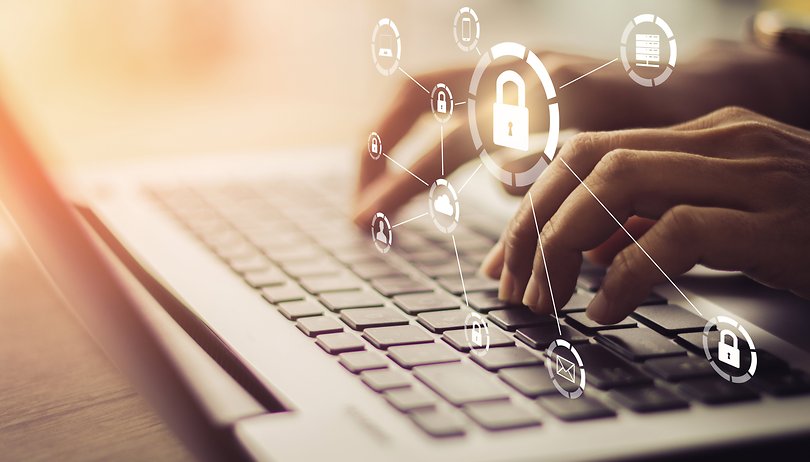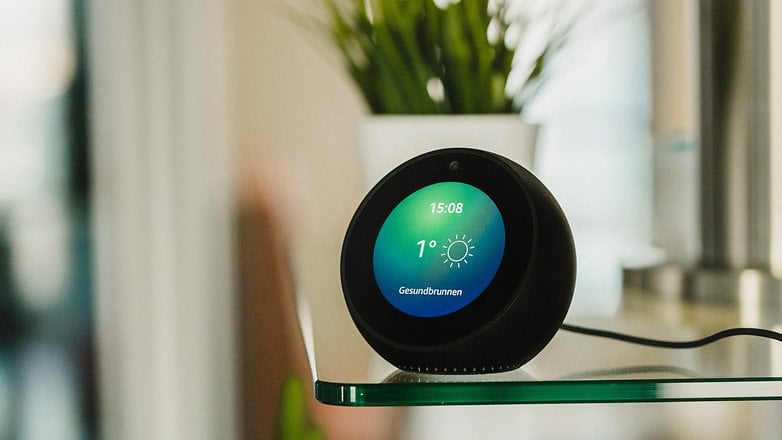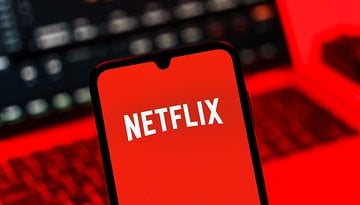Digital fear is just a fear of the unknown, but we're not that stupid, are we?


Again and again things happen on the internet that users do not understand. It causes anxiety. But this fear arises, in most cases and above all, through ignorance.
This week, German newspaper Die Zeit started a series of articles about digital fears. It asks questions like: Is anyone listening? Are deleted digital images really deleted? Is my smartphone addictive? Are Google, Alexa or your iPhone listening in on you? The publication offered readers the chance to share their biggest fears online by taking part in a survey. It is precisely these phenomena that are to be investigated over the course of the series.
The series has only just begun, and I am curious to see where it leads. A thought comes to my mind at the start, though: aren't these fears all due to one reason, namely ignorance? The fear of things and developments that you don't understand is fed primarily by the fact that you're dealing with something unknown. In my eyes, these digital fears, as Die Ziet calls them, are no different.
Before the suspicion arises, I will not claim that my fellow citizens are a bunch of ignorant hillbillies with a penchant for hostility to technology, on the contrary. I see in all age groups and social classes in my environment a great curiosity in many technological areas. However, the network mechanisms at work today make it increasingly difficult for humans to understand what is actually happening there.
We leave digital traces everywhere
Let's take the example of targeted advertising. There are very clear reasons for this. With every step you take online, you leave digital traces that allow Amazon, Google, Facebook and Co. to recommend suitable products to you, monetizing your personal data. Some of this advertising fit better, sometimes it's worse, because of course it is incredibly complicated for the providers to record your interests exactly.
But here we like to shoot with a shotgun in the figurative sense: the main thing is to neatly cut out advertising from a reasonably suitable genre, based on your last search query if there is no other information available. Something's gonna stick eventually. If you've ever been looking for new sneakers, for example, and started seeing loud sneaker advertising a minute later, this is perhaps amazing and frightening, but it's actually quite a simple trick.

It is just the nature of things that more and more data is available for these advertising algorithms - after all, we are also using more and more digital services. The problem is that, despite many sensible regulations and rules, it is not so easy to see where the providers get their data from, which ones they exchange with each other, which companies belong together and how the user is tracked and tracked on the Internet overall.
If you don't listen, you can't react.
In addition, there are many examples where the user pays for convenience with a certain amount of uncertainty when it comes to data collection. Want to boss Alexa, Siri or the Google Assistant around? Sure, gladly, but to be honest: how can such a system recognize the command word with before instructions can be given if it doesn't permanently set up as a digital eavesdropper? Where are improvements in speech comprehension going to come from if human employees do not listen to and classify fragments of conversations recorded by devices?
As a rule of thumb online, remember this: if you are not paying for it, then you are the product. Services which seem 'free' are in fact paid for with your personal data. This is not a new insight, but it is becoming more and more important, because more and more data, more and more offers and more and more services are being provided. The fears and insecurity that many people are increasingly feeling about this are not because we are becoming too stupid for modern technology. They come from the fact that it is becoming increasingly difficult for us to recognize who collects what data and how it is used. This is what the entire industry has to start address, under further pressure from legislators, if necessary.




















-
Admin
Aug 22, 2019 Link to commentIf people have the tools to understand what they are doing they avoid to do stupid things and to put themselves in dangerous situations. Having the tools means also to be able to overcome fear and have a healthy curiosity and to be able to distinguish the truth from falsity.A little thing called culture is the base of everything.
It is a mixture of all.
There are people who are ignorant, Some doesn't care until something bad happens.
For 99% of the people, once they see the "FREE" nothing else matters.
Also to blame are the governments who are light years behind with laws that protect people from this.